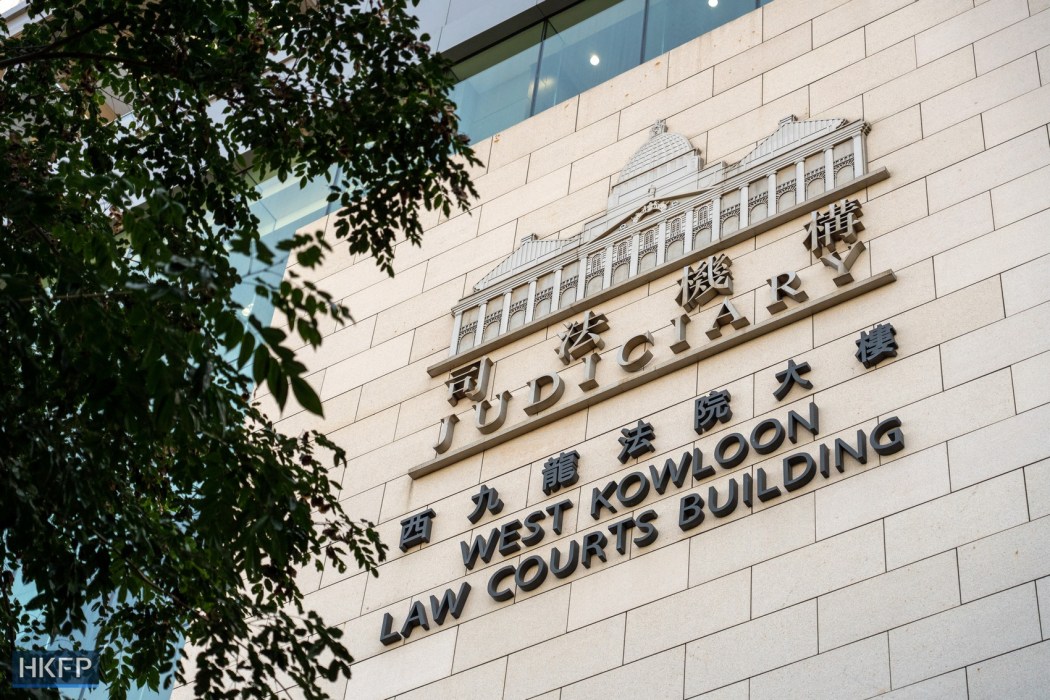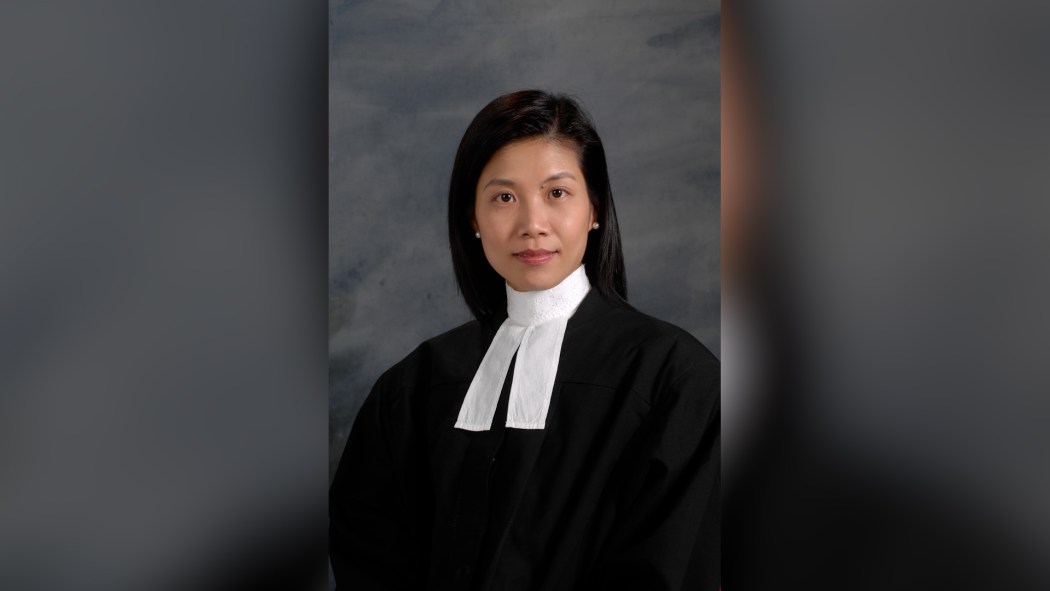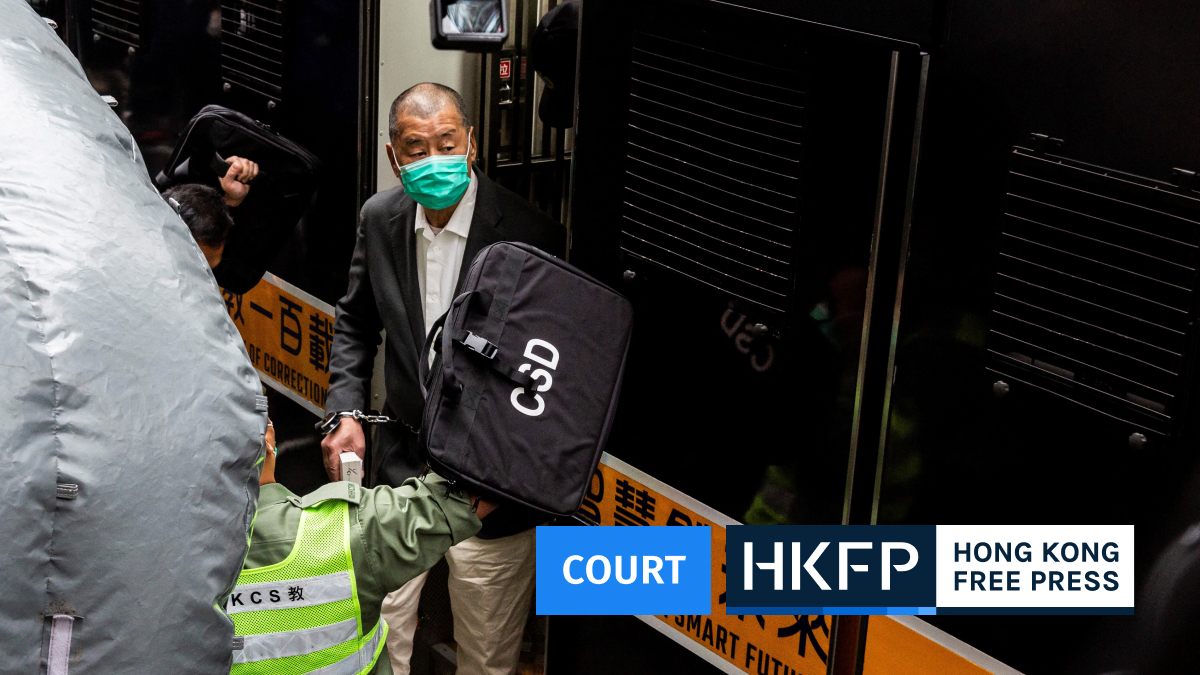A former police officer has been convicted under the colonial-era sedition law over Facebook comments about the death of a marine officer.
Chui Chun-man appeared before Acting Principal Magistrate Veronica Heung at the West Kowloon Magistrates’ Courts on Monday. Heung is one of the city’s handpicked national security judges.

Chui was convicted of “doing an act or acts with seditious intentions.” He was arrested and prosecuted after posting comments on the police Facebook page and his own Facebook page about the death of marine officer Lam Yuen-yee in September 2021.
Lam drowned during a police operation against suspected smuggling. A vessel with suspected smugglers collided with the speedboat that Lam was on. The marine officer’s body was found on September 27, 2021, days after the speedboat capsized.
According to the prosecution, Chui left comments on the police Facebook page, including “the marine female officer should be dead.”
The ex-police officer also shared articles about Lam being missing on his own Facebook page, with comments such as “hopefully [we] can identify the body earlier.”
During the trial, Chui said during testimony that he made those comments out of discontent over improper police deployment, which led to Lam’s death.
The ex-officer said that he felt that Lam’s death was unfair, and thus he made the comments on Facebook as a way to vent his feelings. Chui also said that he did not have any seditious intent while making those comments.

On Monday, Heung said that Chui’s testimony “did not make any sense,” and that the defendant was evasive during “key moments” of cross examination.
Heung said that the defendant had clearly been dishonest while testifying. As an example, the magistrate said Chui had claimed that he did not know police officers were called “dogs” by people who disliked them, despite having taken part in police operations during the 2019 extradition bill protests.
It was only after repeated questioning that Chui said he was once called a “dog” while on duty during the protests, said Heung.
The magistrate also rejected Chui’s claim that he was sad about Lam’s death, as it “did not fit his comments.”
“It is hard to understand why [Chui] would say things that are so cold-blooded,” Heung said.
Admissibility of phones
During the trial, the defence also disputed the admissibility of Chui’s two phones, saying that they had been unlocked using passwords “involuntarily” provided by Chui.
Heung ruled last October that the defendant’s phones could be presented in court and admitted as evidence.

On Monday, the magistrate said that Chui had provided the password for one of the phones voluntarily, and that police had deduced the password for the other phone.
The ex-police officer was remanded in custody following the hearing, and he will appear in court on Saturday for mitigation.
The sedition law, last amended in the 1970s, falls under the Crimes Ordinance and is different from the Beijing-imposed national security law.
Those convicted under the colonial-era law face a maximum penalty of two years in prison.
Support HKFP | Policies & Ethics | Error/typo? | Contact Us | Newsletter | Transparency & Annual Report | Apps
Help safeguard press freedom & keep HKFP free for all readers by supporting our team
























